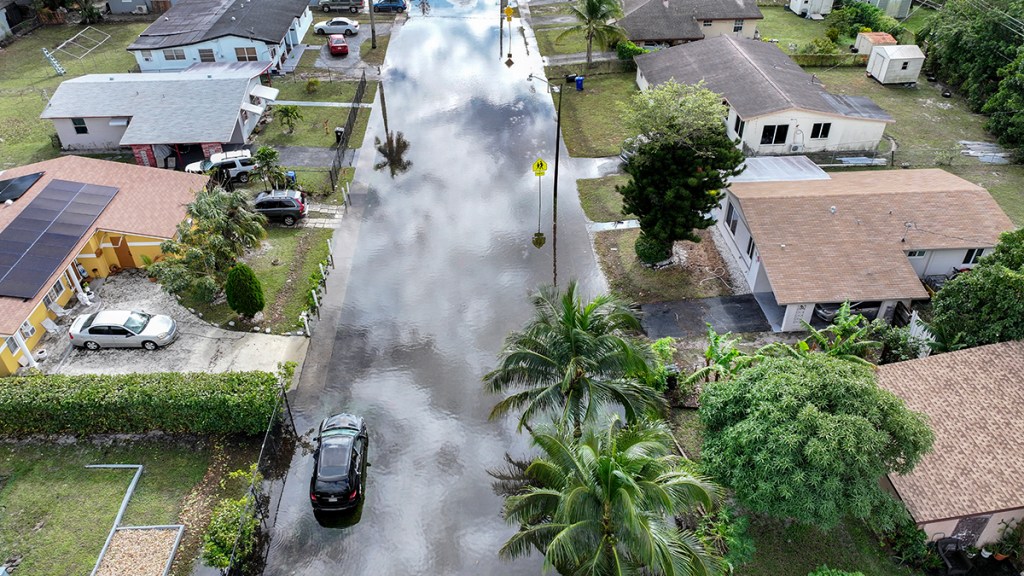A
s the climate crisis intensifies, a seismic shift is underway in the US real estate market. A staggering $1.5 trillion in property values are projected to plummet over the next 30 years, according to a recent report from First Street, a leading climate risk financial modeling organization.
The culprit behind this decline lies in two interconnected factors: insurance pressures and shifting consumer demand. As natural disasters become more frequent and intense, insurance premiums are skyrocketing, leaving some high-risk areas without coverage altogether. In those neighborhoods where insurance is available, costs are rising exponentially faster than mortgage payments – a trend that's already seen insurance as a percentage of mortgage payments double from 7% to over 20% between 2013 and 2022.
Coastal metro areas are particularly vulnerable to these shifts, with cities like Miami experiencing a whopping 322% increase in insurance premiums. Other Florida cities, such as Jacksonville and Tampa, have seen similar spikes – 226% and 213%, respectively. New Orleans (196%) and Sacramento (137%) round out the top five.
The Sun Belt, once an attractive destination for homebuyers, is now one of the most susceptible regions to climate risk. Texas, Florida, and California account for over 40% of the country's $2.8 trillion in natural-disaster costs since 1980. As a result, people may be less inclined to move to these states, opting instead for areas with lower climate-related risks.
First Street estimates that more than 55 million Americans will relocate to less vulnerable regions within the next three decades, with over 5.2 million making the move this year alone. This mass migration is creating a "feedback loop," where people are fleeing climate disasters and altering real estate growth patterns nationwide. By 2055, First Street predicts that a staggering 70,026 neighborhoods will experience property value declines due to climate risk – leaving few areas untouched by its impact.













